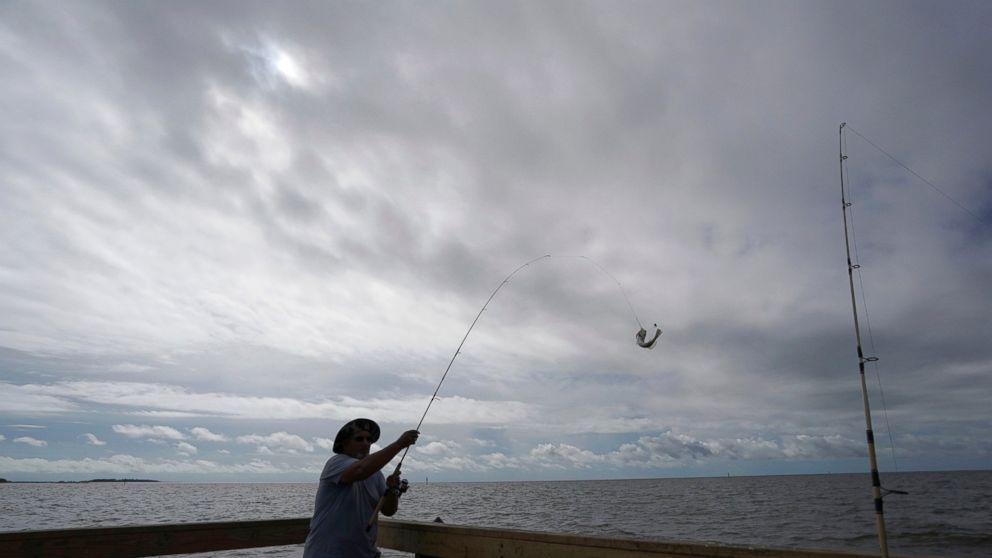
The rules that govern recreational marine fishing in the U.S. will get an overhaul due to a new law passed by Congress, and the country’s millions of anglers and the groups that stake their livelihoods on them hope the changes will bring better management.
The new standards are part of a suite of changes that proponents call the Modern Fish Act that were approved by the House and Senate in December. Supporters of the new rules have said they will boost an industry that contributes billions to the economy, though some members of the fishing industry felt deeper rule changes were warranted.
The passage is a “big step toward implementing science-based methods” and “marks the first substantial update to the federal fisheries management system in more than a decade,” said Nicole Vasilaros, senior vice president of the National Marine Manufacturers Association, a boating industry trade group.
The author of the proposal, Mississippi Republican Sen. Roger Wicker, said one of the key features of the law is that it promises to help the National Oceanic and Atmospheric Administration incorporate data from fishermen, which he said would improve timeliness and accuracy. The data help inform fishing rules and regulations.
The proposal also encourages regional fishery management councils to update policies for some recreational anglers who fish in the Gulf of Mexico, one of the most popular bodies of water among sport fishermen. The current rules are designed for commercial fishermen and are difficult for recreational anglers to follow, Wicker said. There are also a host of other tweaks designed to more efficiently manage recreational fishing.
“Passage of the Modern Fish Act will boost our conservation efforts and benefit the local economies that depend on recreational fishing,” Wicker said.
Recreational fishing is a huge industry in the U.S., with trade groups touting more than 40 million licensed fishermen and an impact on the economy well above $100 billion. A report released by NOAA earlier this month said the recreational fishing industry fueled more than 472,000 jobs in 2016, up from 420,000 in 2012.
Members of the Marine Fish Conservation Network, a coalition of commercial and recreational fishing associations and others, said the final version of the bill was “an improvement” from where it started, when it faced opposition from conservationists and industry members. However, Congress still needs to reauthorize the Magnuson-Stevens Act, the federal standards that govern U.S. fisheries at large, the group said.
“Our hope is that the 116th Congress will continue to work across the aisle to secure a prosperous future for the people, businesses and communities that rely on our marine fisheries,” the group said in a statement.
President Donald Trump also released a statement on New Year‘s Eve saying he was signing the act into law, but adding that the new laws grow the power of regional fishery management councils that operate along the nation’s coasts. He said that raises “constitutional concerns.”
Some conservation groups heralded the passage of the laws as a win. Matt Tinning, associate vice president for the oceans program of the Environmental Defense Fund, said the Modern Fish Act started out as a potential threat to conservation goals but morphed into an environmentally-sound law over a year of negotiations.
“We can all be proud to have reached agreement on a bill that responds to the demands of recreational fishing advocates without jeopardizing either sustainability or Americans’ access to local seafood,” he said.





